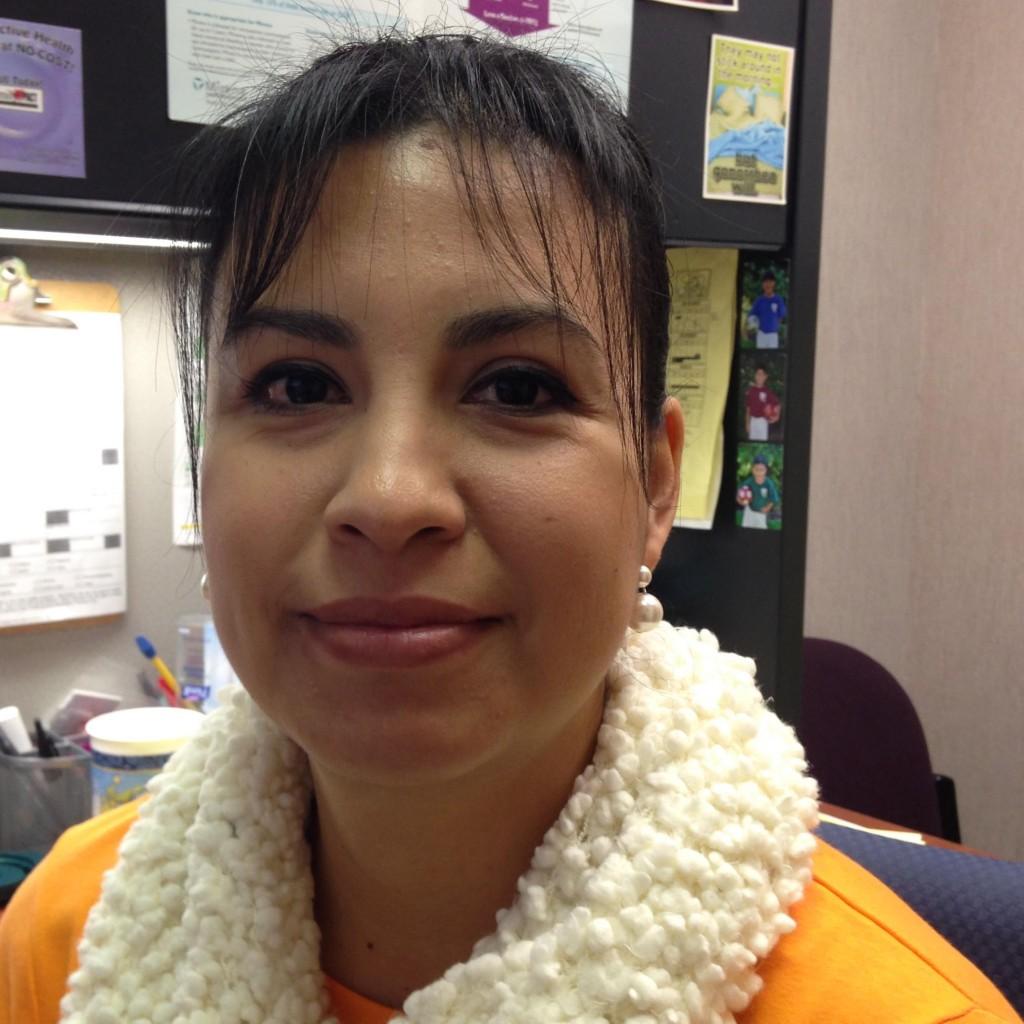
FamilyPACT is changing how mammograms and pregnancy tests are billed to Chico State students.
Family Planning, Access, Care and Treatment is a Medi-Cal program that assists men and women of childbearing age with covering reproductive health care expenses.
Students don’t have to cover their copay or pay out of their own pockets with the program. Students who are under the 200 percent poverty level are eligible.
Most students use it to cover birth control and testing for sexually transmitted diseases, for which mostly men come in, said Maria Martinez, an administrative support assistant at Student Health Services that enrolls students in FamilyPACT. Female students will come in to pick up pregnancy tests on occasion.
“We’re still offering pregnancy tests,” Martinez said. “It’s not like we stopped it, but the way we bill the pregnancy tests have changed.”
The services cannot be billed to FamilyPACT if a patient is concerned about pregnancy but has no interest in birth control because the program promotes pregnancy prevention.
“The student will still get tested, but not get billed for that test — tuition will be paying for it,” Martinez said.
This year, FamilyPACT’s new code requires patients to go through counseling about birth control methods if they’re seeing a nurse practitioner for reproductive health issues, she said.
Studies showed that FamilyPACT wasn’t cost-effective, Martinez said. Because FamilyPACT is also a Medi-Cal program, California is being budget-conscious by making sure family planning will only cover family planning-related services, while anything else that involves primary health will require full-scope Medi-Cal.
“FamilyPACT is not insurance; it’s assistance in the event that there’s general health issues that come up,” Martinez said.
Mammogram services will still be offered.
“Certain parts of mammogram services can get written off as a paid service from their tuition but there’s a fine line to define when FamilyPACT can kick in if student tuition won’t cover it,” she said.
If students have not received any mammography services already, tuition would pay for the services. FamilyPACT would refer patients to Medi-Cal if continuous checkups are needed, depending on what kind of services the student needs.
Physical mammograms are not offered at the Student Health Center but students would be referred to other facilities in Chico.
More than half of the male and female patients at the Student Health Center are enrolled in the program, said Ashley Lowe, a communications major and receptionist at the Student Health Center.
It’s convenient; students can connect with community resources and it’s easier to get a doctor’s note, although it’s not recommend as an excuse for class, Martinez said.
If students have limited Medi-Cal, confidentiality and accessibility issues or high copays with private insurance, they can still be eligible for FamilyPACT.
Patients will need to meet certain state requirements in order to be eligible. If they have full-coverage Medi-Cal, the program can still help. If their Medi-Cal is still processing, the program can cover expenses temporarily.
“With FamilyPACT, the student is the primary holder,” Martinez said. “Confidentiality is a perk because if they choose to go with Medi-Cal or private insurance, confidentiality about an emergency contraceptive or an STD testing would be broken because the billing goes to the primary holder and if the student is not the primary holder, there goes their confidentiality.”
There have been more people aware of the program and wanting to enroll, Lowe said.
“Partly because outside places, like the dorm rooms, push it,” she said. “It’s not something we require but people come in because their friends told them they get free birth control so it’s word-of-mouth. That’s why we get more freshmen especially interested in it.”
Christine Lee can be reached at [email protected] or @theorion_news on Twitter.








